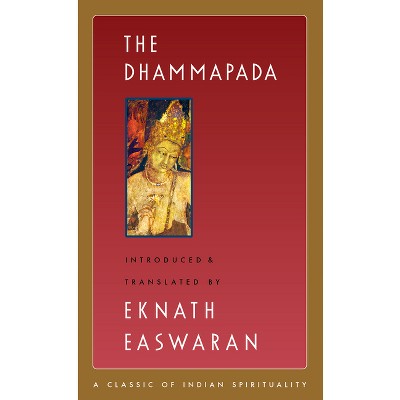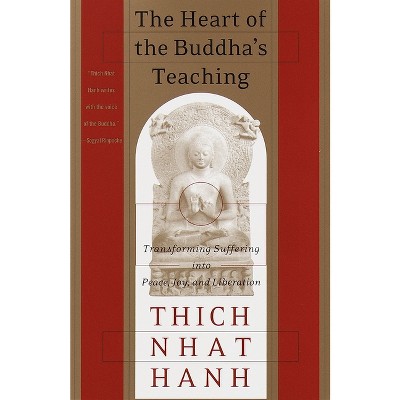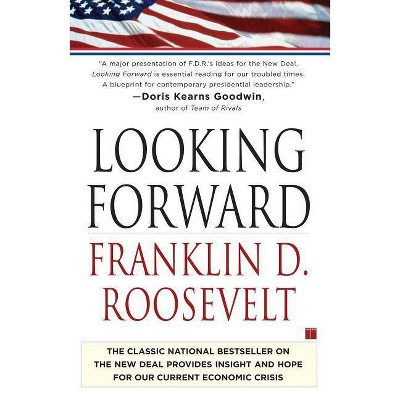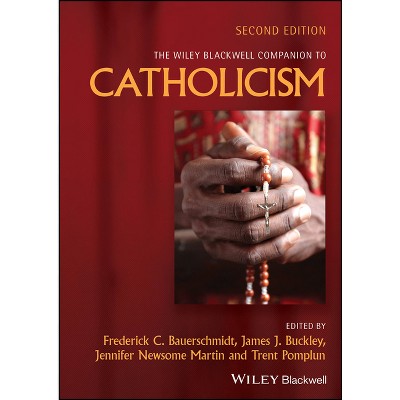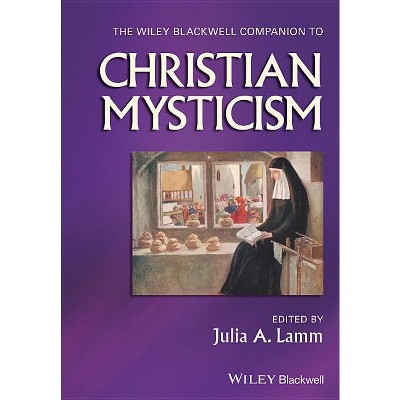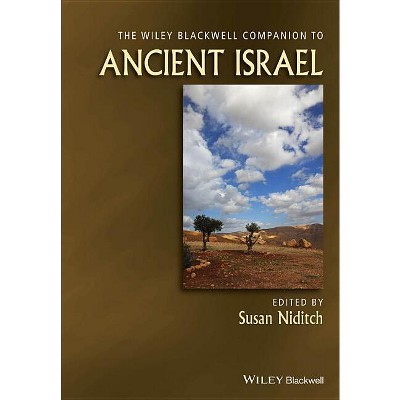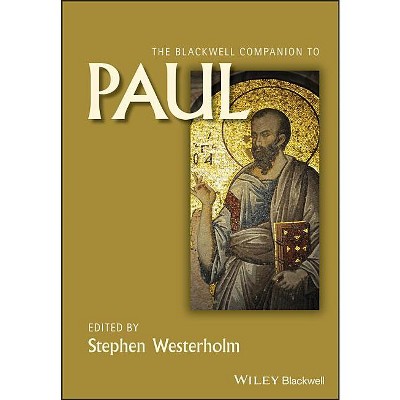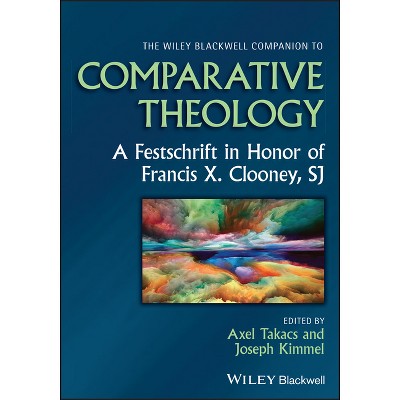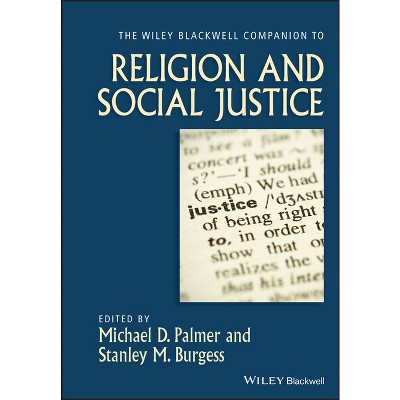The Wiley Blackwell Companion to Zoroastrianism - (Wiley Blackwell Companions to Religion) by Michael Stausberg & Yuhan Sohrab-Dinshaw Vevaina

About this item
Highlights
- This is the first ever comprehensive English-language survey of Zoroastrianism, one of the oldest living religions Evenly divided into five thematic sections beginning with an introduction to Zoroaster/Zarathustra and concluding with the intersections of Zoroastrianism and other religions Reflects the global nature of Zoroastrian studies with contributions from 34 international authorities from 10 countries Presents Zoroastrianism as a cluster of dynamic historical and contextualized phenomena, reflecting the current trend to move away from textual essentialism in the study of religion
- About the Author: Michael Stausberg is Professor of Religion at the University of Bergen and a member of the Norwegian Academy of Science and Letters.
- 704 Pages
- Religion + Beliefs, Zoroastrianism
- Series Name: Wiley Blackwell Companions to Religion
Description
About the Book
"This is the first ever comprehensive English-language survey of Zoroastrianism, one of the oldest living religions..."--Book Synopsis
This is the first ever comprehensive English-language survey of Zoroastrianism, one of the oldest living religions
- Evenly divided into five thematic sections beginning with an introduction to Zoroaster/Zarathustra and concluding with the intersections of Zoroastrianism and other religions
- Reflects the global nature of Zoroastrian studies with contributions from 34 international authorities from 10 countries
- Presents Zoroastrianism as a cluster of dynamic historical and contextualized phenomena, reflecting the current trend to move away from textual essentialism in the study of religion
From the Back Cover
Zoroastrianism is one of the oldest living religions. It is widely considered by scholars to have had a profound impact on the religious history of the Middle East, Central and South Asia, and the development of the field of comparative religions.
This book represents the first comprehensive English-language survey of Zoroastrianism ever published. With contributions from 33 international scholars from 10 countries, The Wiley Blackwell Companion to Zoroastrianism is evenly divided into six thematic sections, containing discussion of Zoroaster/Zarathustra, historical and regional surveys, topical and thematic discussions, analyses of the intersection of Zoroastrianism and nine other religions and cultures, and concluding with a survey of primary sources.
Reflecting the current trend in the study of religion to move away from purely textualist and essentialist views of religious traditions, the Companion presents Zoroastrianism as a cluster of dynamic historical and contextualized phenomena. This accessible and interdisciplinary handbook of Zoroastrian studies will be essential reading for anyone interested in better understanding one of the world's oldest and most influential religions.
Review Quotes
Review copy sent on 20.5.15 to Reference Reviews
Review copy sent on 20.4.15 to Digital Archive of Brief notes & Iran Review
About the Author
Michael Stausberg is Professor of Religion at the University of Bergen and a member of the Norwegian Academy of Science and Letters. His books in English include Religion and Tourism: Crossroads, Destinations, and Encounters (2011), Zarathustra and Zoroastrianism (2008), and as editor or co-editor Defining Magic (2013), The Routledge Handbook of Research Methods in the Study of Religions (2011), Contemporary Theories of Religion (2009) and Theorizing Rituals (2 vols., 2006/2007). Dr. Stausberg has published widely on Zarathustra and Zoroastrianism in German; he is co-editor, with Steven Engler, of the journal Religion.
Yuhan Sohrab-Dinshaw Vevaina is a Lecturer in Religious Studies at Stanford University. After completing his Ph.D. in 2007 at Harvard University, he served as Postdoctoral Fellow in the Undergraduate Core Curriculum and as the Lecturer on Old Iranian in the Department of Near Eastern Languages and Civilizations. Dr. Vevaina is the author of several articles in peer-reviewed journals and edited volumes and in 2010 he received a fellowship from the National Endowment for the Humanities, U.S.A. He is currently working on a book project on Zoroastrian hermeneutics in Late Antiquity.
Shipping details
Return details
Guests also viewed

